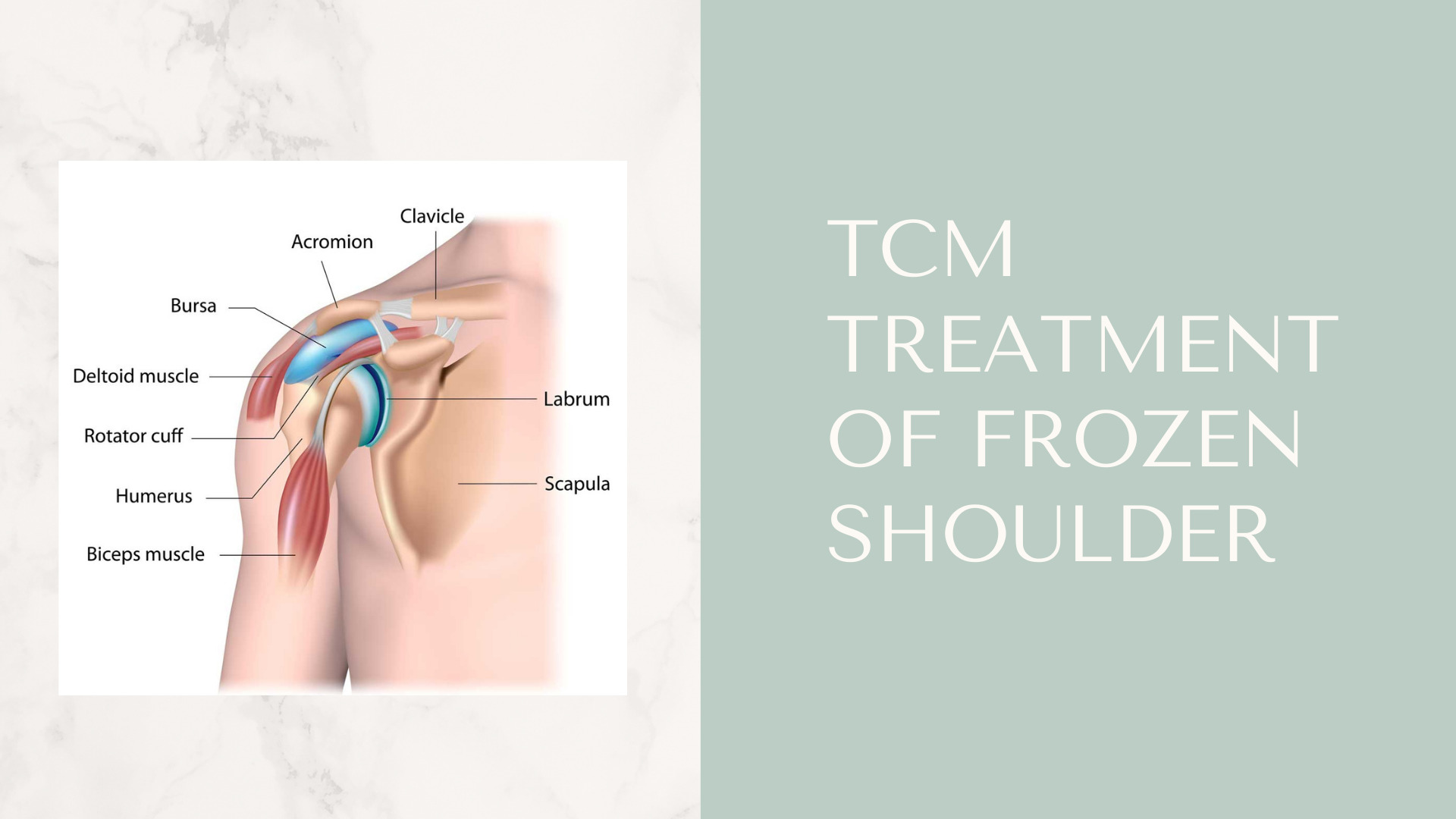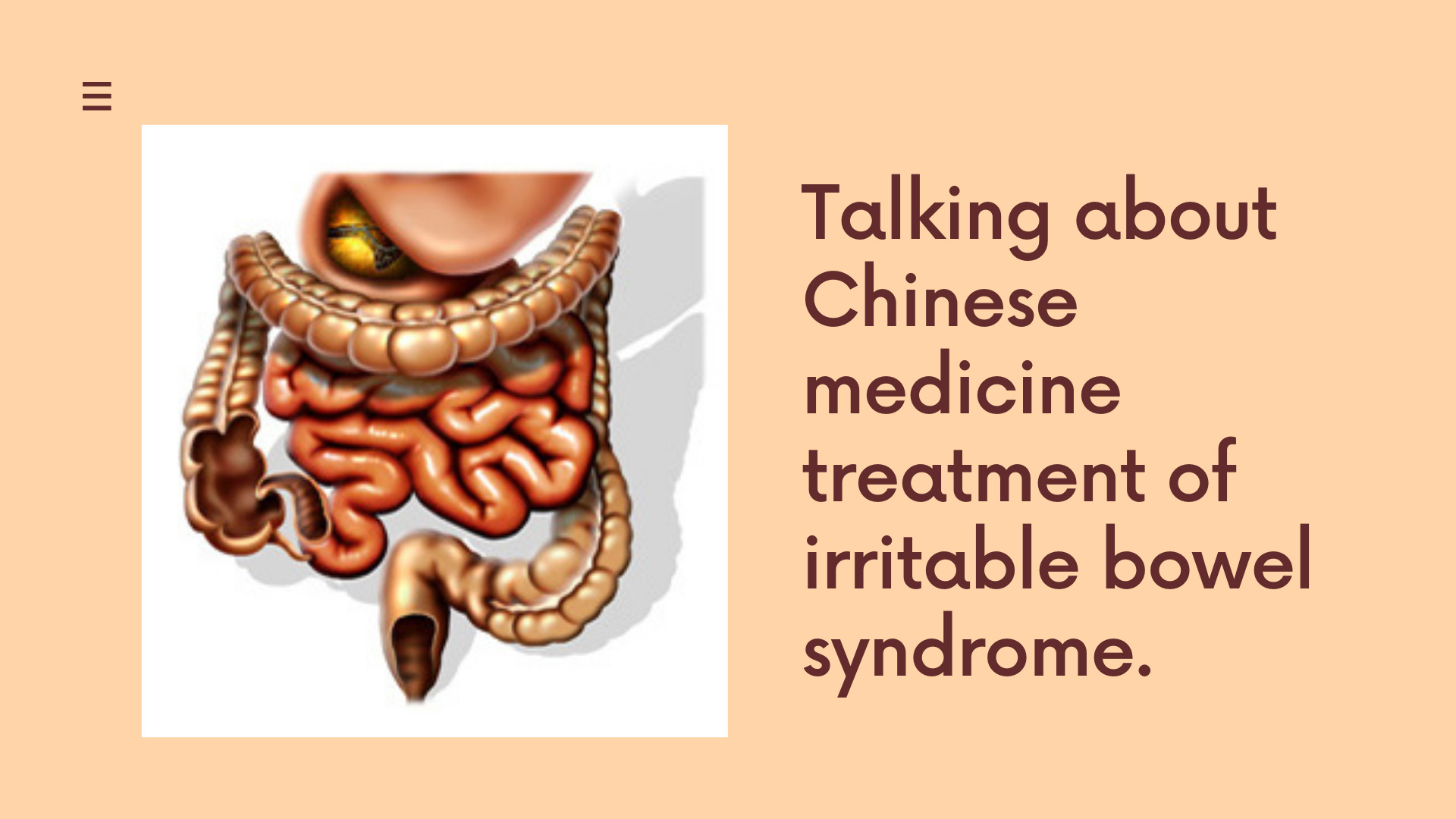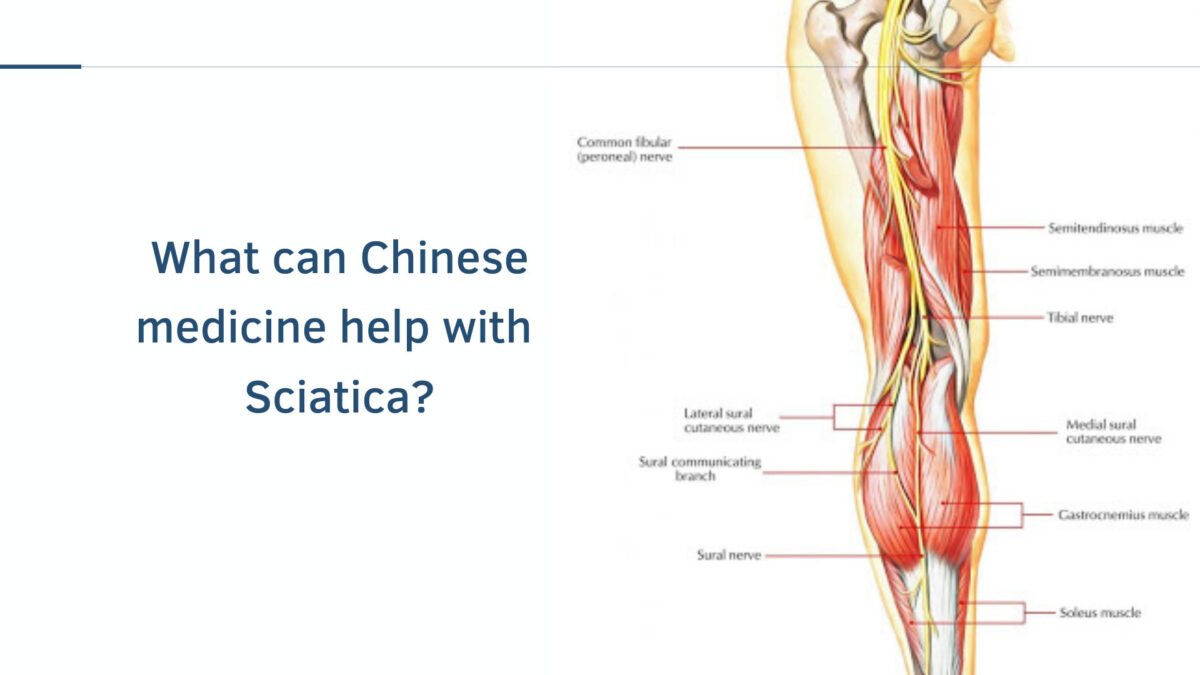
TCM treatment of frozen shoulder
June 12, 2021
Talking about Chinese medicine treatment of irritable bowel syndrome.
July 5, 2021|
Getting your Trinity Audio player ready...
|
What can Chinese medicine help with Sciatica?
“I have been enduring discomfort in the right side of my waist for an extended period. It spreads from the waist to the buttocks and then to the feet. The atmospheric conditions shift and bending moments exacerbate the situation.
Western doctors told me that it was Sciatica. But I have already had rehabilitation, and I have taken many painkillers.”
A male patient in his thirties expressed discomfort with his stomach every time he takes painkillers. He inquired about alternative methods to alleviate his sciatic pain.
“Sciatica” is more common in young and middle-aged males, but it is also increasingly affecting other ethnic groups. The 4th lumbar vertebral nerve and the 3rd sacral nerve generally compose the sciatic nerve. The largest and longest nerve in the body is the sciatic nerve. It passes through the hips and distributes throughout the lower limbs.
Branches of sciatic nerve innervate the muscles and skin of the thigh, leg, and foot. Sciatic nerve branches provide motor and sensory functions to the lower extremities.
The term “sciatica” (in Chinese 坐骨神经痛) describes pain along the sciatic nerve. This pain follows the nerve’s pathway and affects its area. The main reasons are lumbar herniated disks (herniated discs), spinal stenosis, arthritis, bone spurs, or tumors. When a nerve passes or nerve roots and nervous system compassion will trigger pain and inflammation.
However, its symptoms are usually unilateral, and lower back pain and lumbar stiffness often appear first. Commence from the waist, then proceed to the buttocks, extending towards the posterior of the thighs, outer calves, and instep. After that, it usually presents continuous or intermittent pain like “knife-cut,” and “electric shock.”
Patients may experience worsening symptoms while bending over, coughing, sneezing, or defecating. Patients with long-term conditions may experience weakness in their lower limbs, as well as muscle weakness and numbness. In more severe cases, muscle atrophy may also occur. Generally confirm the diagnosis, including taking a waist X-ray, if necessary, computer tomography, or MRI examination.
Modern medicine treatment will give analgesics and muscle relaxants to control the pain in the initial stage. You can add rehabilitation therapy if the effect is not apparent, and it generally relieves most of the symptoms. But if a patient is severe, doctors must treat them with surgery.
Many patients in outpatient clinics often have stomach discomfort. This is a result of the extended use of pain relievers.
After a time of rehabilitation, the treatment may still not work. It might not be time for surgery yet. Or, for patients afraid of surgery, they can try acupuncture, sciatic nerve herbal treatment, and Chinese medicine for sciatica.
In traditional Chinese medicine TCM, practitioners believe that wind, cold, and dampness cause “sciatica.” These elements can block the meridians and slow down the flow of qi and blood.
You can divide it into several parts. These parts help treat meridian issues, liver and kidney yin deficiency, and qi and blood stagnation. Commonly used herbs for sciatica like Xiaohuoluodan, Danggui Tingtong, Shujing Huoxue Decoction, Duhuojijie Decoction, and Jishengshenqi Pills are effective. However, healthcare providers should adjust them based on the patient’s body type.
Among single-medicine options, Yanhusuo, Salvia, Chuanqi, and other Chinese herbs for sciatica help improve blood flow. They can also relieve pain and numbness.
In addition, practitioners often use white peony and papaya in Chinese herbal treatment for sciatica. They have antispasmodic effects like muscle relaxants. However, there are no side effects like painkillers that can cause the patient’s gastrointestinal discomfort.
In extra, acupuncture for sciatica is an effective treatment option for many patients suffering from this condition. Sciatica causes pain that travels along the sciatic nerve. This nerve extends from the lower spine, passing through the hips and buttocks, and travels down each leg. Sciatica can be excruciatingly painful and significantly affect a person’s quality of life.
Acupuncture is a traditional Chinese medicine practice. It involves placing thin needles into specific points on the body. The goal is to restore balance and help the body heal naturally.
Research shows that acupuncture can help reduce sciatica pain. It does this by lowering inflammation, improving blood flow, and releasing endorphins. Endorphins are the body’s natural pain relievers.
Patients often report a reduction in pain intensity and an improvement in mobility after undergoing acupuncture treatments. The therapy can also help address other symptoms associated with sciatica, such as tingling, numbness, and muscle weakness. Acupuncture is usually safe when done by a qualified practitioner. This makes it a good alternative or addition to more invasive treatments, like surgery or long-term medication.
Many practitioners suggest having several acupuncture sessions for the best results. Practitioners can adjust the treatment to meet each patient’s needs.
Acupuncture takes a holistic approach. It targets the physical symptoms of sciatica. It also promotes overall well-being. This helps patients manage stress and improve their mental health during recovery.
In summary, acupuncture is a helpful treatment for sciatica. It can give patients significant relief. This therapy improves their quality of life and helps them recover from pain.
However, in prevention and self-care, we must first avoid overwork. Doctors advise patients with frequent lumbar sprains to wear lumbar support. This can help prevent more sprains and avoid serious disc herniation.
Besides, traditional Chinese treatments for sciatica ensure you get ample rest. If feasible, home remedies are to use a warm compress, and put pressure on the painful affected area. These will help relieve sciatica pain.
Does Acupuncture Help Sciatica?
Dysmenorrhea (painful menstruation)? Learn More to Stay Away From Painkillers.
What are the signs of facial paralysis? How to prevent it?
Stop the pain today!
[wpseo_address show_state=”1″ show_country=”1″ show_phone=”1″ show_phone_2=”0″ show_fax=”0″ show_email=”0″ show_logo=”0″]
[wpseo_map max_number=”undefined” width=”400″ height=”300″ zoom=”-1″ map_style=”roadmap” scrollable=”1″ draggable=”1″ show_route=”0″ show_state=”0″ show_phone=”1″ show_phone_2=”0″ show_fax=”0″]




